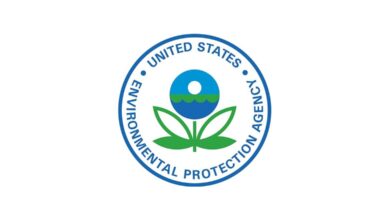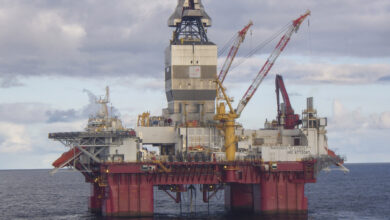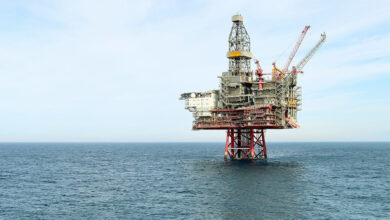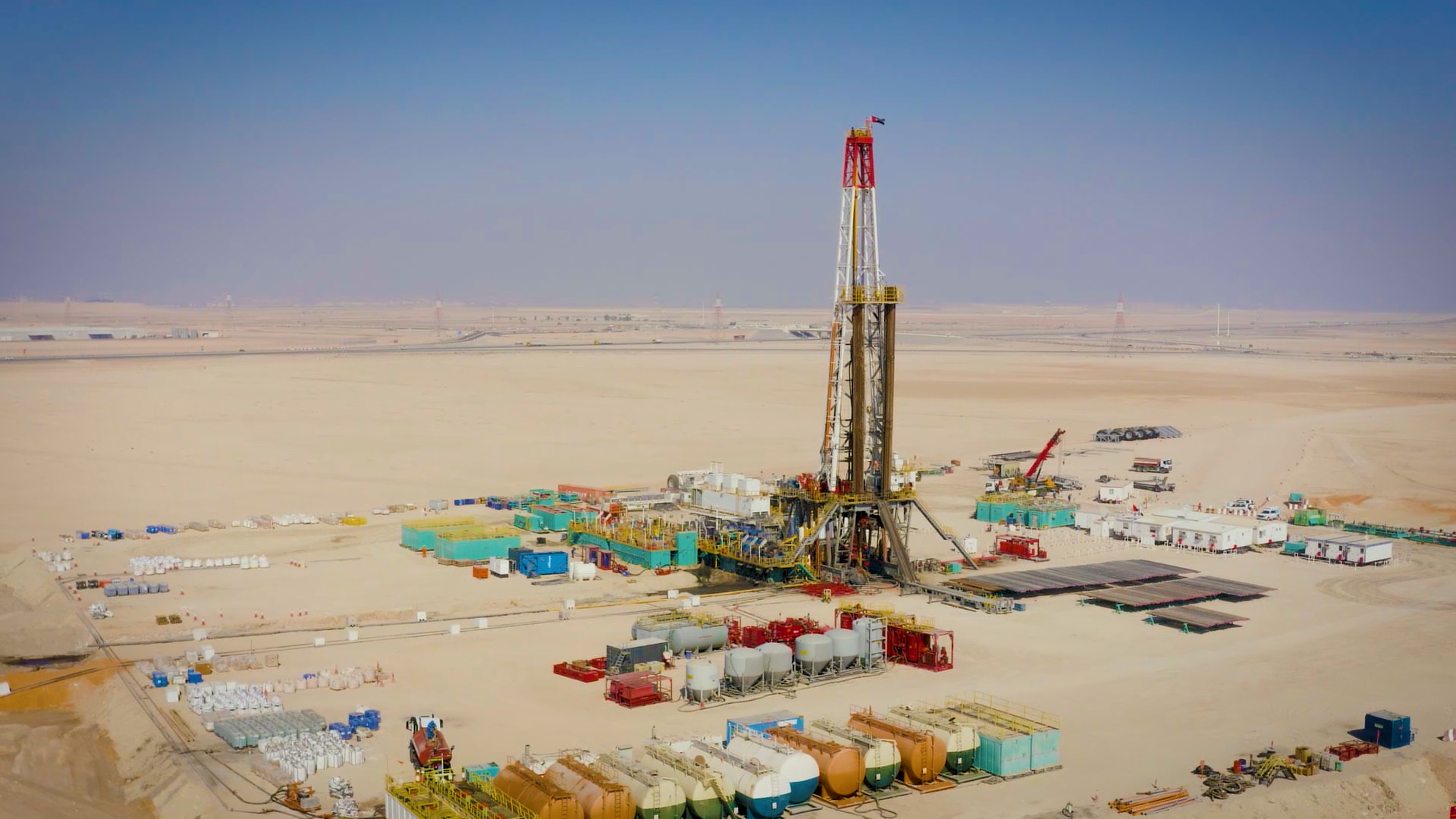Derek Hart joins IADC, sets goal to maintain association’s momentum across North Sea
By Alex Endress, Editorial Coordinator
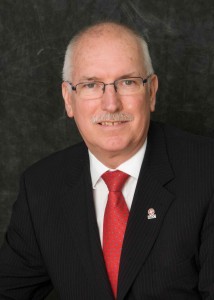
Looking back over his two years of service with IADC, John Atkinson said he is most proud of the relationships that the association has forged with the UK Department of Energy and Climate Control and with the UK Health and Safety Executive (HSE). “When I started as North Sea Regional Director in June 2013, I was asked to raise the profile of IADC here in the North Sea,” Mr Atkinson said. “I think we’ve been very successful in that – with other industry bodies, with client companies, with individual North Sea Chapter members, and most certainly, with the two regulators.”
As Mr Atkinson passes the torch to current IADC North Sea Regional Director Derek Hart, who took over the position in May, the ongoing challenge for IADC will be to maintain the association’s prominence in the region as the voice of the drilling industry. “The greatest challenge going forward is to maintain the momentum we’ve achieved in recent times,” Mr Atkinson said, noting IADC’s success in launching the WellSharp program in Europe this May. “It is important that we support this program as it is rolled out in this part of the world to further establish IADC as a leader in drilling competency standards.”
Mr Hart said he plans on taking over where Mr Atkinson left off. “I’m going to continue with the good work that John has done, making sure that the IADC voice is heard across the industry, whether it be with our clients or regulators,” Mr Hart said. A particular group he will strive to engage is the European trade associations. “We don’t have a lot of direct interface with these associations yet, which is something I will look to better facilitate.”
Besides raising the profile of IADC in the North Sea, one of Mr Hart’s first tasks is to help drilling contractors implement new guidelines that are being developed to manage third-party competence for safety-critical positions offshore.

The guidance was started last year by drilling contractor members of the IADC North Sea Chapter to ensure employees of service provider companies adhere to proper safety requirements as directed by the drilling contractor while working on the contractor’s rig. This guidance provides a means for drilling contractors to ensure that outside employees meet the contractors’ safety requirements.
“(The guidance) requires the employer of any individual that is deployed to our rigs – that is not our own direct employee – to state that that person is competent to carry out the tasks and duties that are required of them,” Mr Atkinson said. “At the moment, this is a big grey area.”
The guidance will be a best practice for drilling contractors to use, in order to require that third-party employees meet contractors’ competency standards before they begin work, Mr Hart said.
Such standards include those outlined by the IADC’s Knowledge, Skill and Ability (KSAs) competencies and Oil and Gas UK’s standards on competency for wells personnel. The North Sea Chapter’s guidance prevents contractors’ onboard supervisors – who are not necessarily experts in each safety process – from needing to assess outside workers’ competency at the time of arrival, Mr Atkinson said.
The requirements enforced by the drilling contractor would refer to competency standards from IADC and Oil and Gas UK around areas such as BOP maintenance, top drive maintenance, well pressure maintenance and maintenance of other downhole tools and processes.
IADC’s North Sea Chapter drilling contractor members consulted with the UK HSE while putting together the guidance. Although the guidance was primarily designed for companies active in the UK North Sea, with the support of the UK HSE, it could also serve as a model for companies in other parts of the world, Mr Hart said.
Mr Hart is joining IADC with 32 years of experience in the offshore oil and gas industry. He began with the British Merchant Navy in 1970 and moved on to work with Transocean, where he stayed for 27 years. He served in a variety of roles, most recently as QHSE Manager for the North Sea and QHSE Manager for Europe and Africa.
Mr Hart was seconded to the Transocean Deepwater Horizon Investigation Team in 2010 and 2011, and he left Transocean in 2015.

